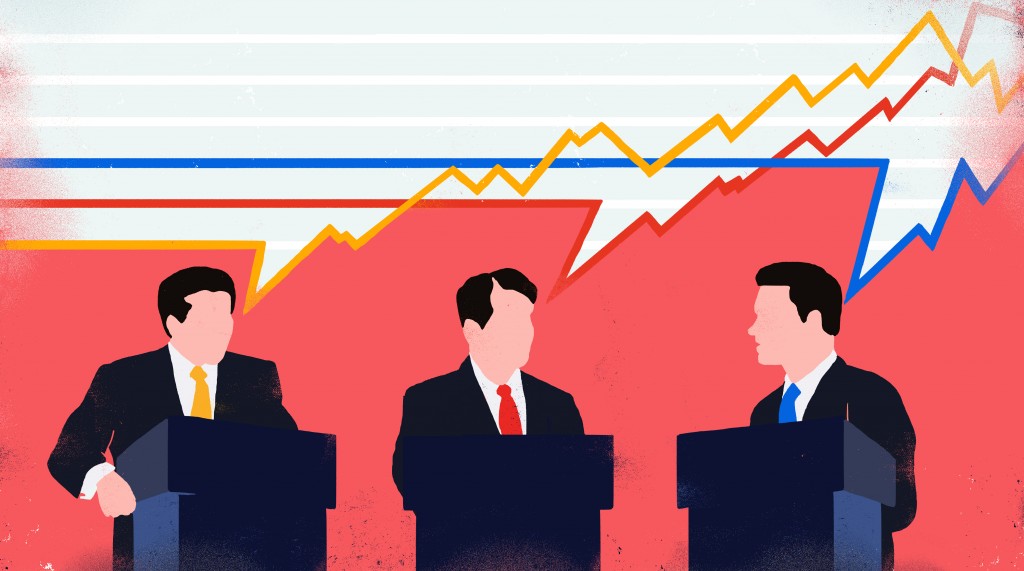Who’s better for my portfolio?
Harper, Trudeau or Mulcair? It depends on your goals
Advertisement
Harper, Trudeau or Mulcair? It depends on your goals

Share this article Share on Facebook Share on Twitter Share on Linkedin Share on Reddit Share on Email